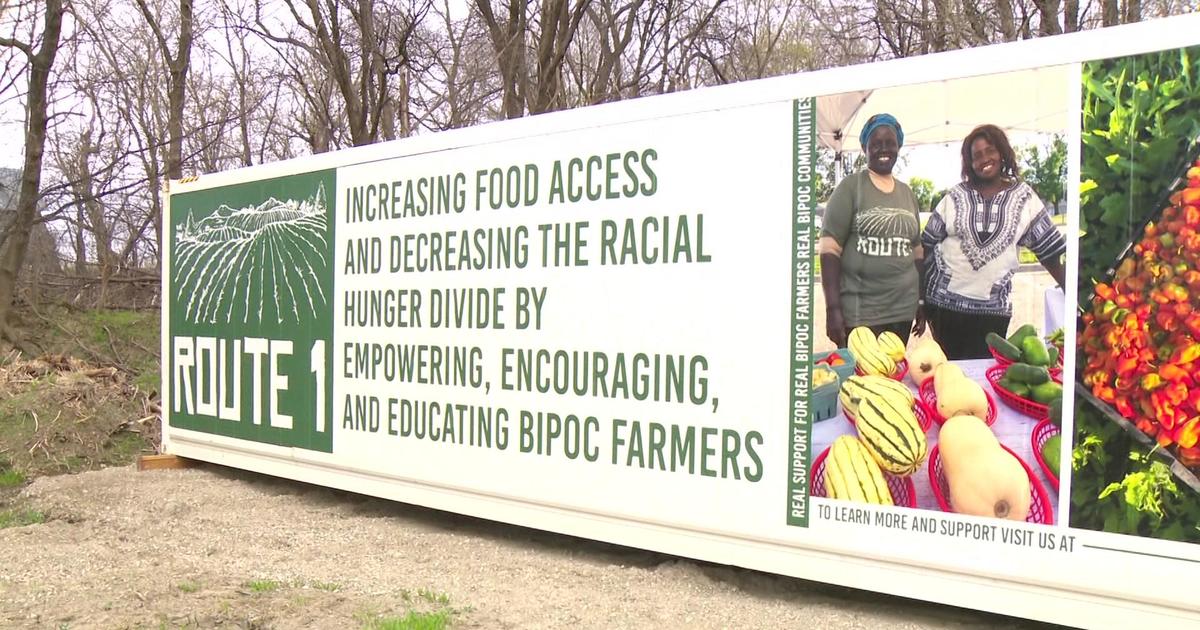Hot Hogs, Flooded Fields Hamper Farmers
BELLE PLAINE, Minn. (WCCO) -- Inside Neil Koepp's hog barns south of Belle Plaine, even the gentle breezes can't quell the sweltering summer heat. He's raising 6,200 hogs for market and they would normally be eating a lot of feed.
The problem is that livestock are a lot like humans: The hotter and stickier it is outside, the less energy we expend and the less we feel like eating. As the heat goes up, hogs get less hungry.
"When they don't eat, they're not gaining and it slows production," Koepp said.
So with temperatures in the 90s and saturating humidity, he will do what he can to keep the hogs from overheating.
"We'll make sure the fans are going, keep sprinklers going on days like this," he said.
When hogs don't put on weight they will be worth less at market. But it's not just a problem for hog farmers, dairy operations are facing a similar dilemma. Dairy cows are also feeling the effects of the hot, humid weather and won't eat as much. With less going in, less milk is coming out.
"It's been a difficult year," said farmer Scott Kubes.
He's trying to bale up a field of alfalfa for his dairy cattle. But what's he's piling onto the wagon looks far less than the quality hay his cattle need.
"If you have any moisture in the bales at all it's not gonna keep. And if you can't keep it it's no good to anybody," Kubes said.
His fields of alfalfa should be a bright green and full of nutrition. Instead, the rows of cut hay appear almost black and in some samples you can see where mold is beginning to form. He'll feed it to the cattle, hoping they will want to eat it. What he won't do is store wet hay it in his barn. Not only would that invite more mold, it can also cause the hay to spontaneously combust in flames.
Driving around other parts of Sibley County, you can see what too much rain has done to the corn and soybean fields. Paul Gohlke's crops are anything but uniform and beyond that, they're a good two weeks behind schedule.
"This last week we had five to seven inches of rain. If you drive around you'll see beans underwater and black spots in the field," said Gohlke.
That's a troubling sight in what should be a carpet of emerald green.



